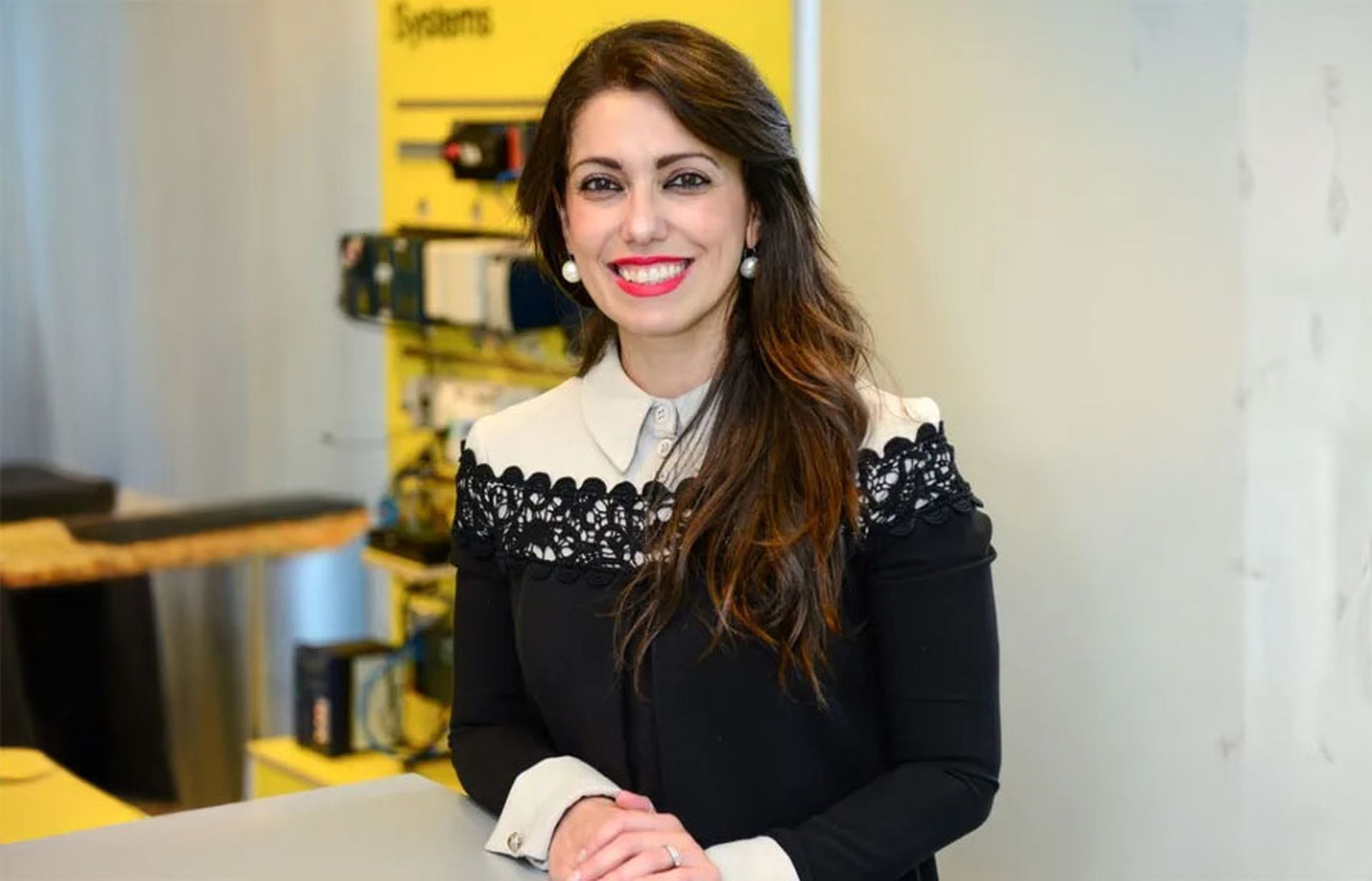Born in a small village in southern Italy, Elisa Costante, vice president of research at Forescout, Vedere Labs, said discovering technology opened up the world and broadened her horizons.
Expanding on her love for numbers and puzzles, Costante found her passion in cybersecurity, a field that combines both the creative potential of zeros and ones with the ability to influence software behavior.
“Understanding the big picture of how these capabilities shape our daily lives and transform organizational defenses continues to captivate and inspire me,” said Costante.
In 2019, Costante started working with a team on Ripple20, a set of 19 vulnerabilities discovered in a widely used TCP/IP software library developed by Treck, Inc., that was embedded in millions of devices worldwide, from medical equipment to industrial control systems and consumer electronics.
During the work on what was to become Project Memoria, Costante said the team recognized that similar security issues could exist in other TCP/IP stacks. This finding led them to conduct a systematic study of 14 TCP/IP stacks, both open-source and commercial. The research uncovered more than 100 vulnerabilities, primarily affecting IoT, OT, and medical devices.
Throughout the disclosure process, Costante said the team engaged with hundreds of vendors and estimated that more than 3 billion devices were potentially impacted. One year after concluding Project Memoria, the team analyzed data from Shodan and observed a 13% decrease in exposed vulnerable devices. This tangible, measurable reduction in risk pointed out how vulnerability research can have a significant impact on improving the threat landscape.
In terms of being a women in a male-dominated field, Costante said being a woman in tech can be both challenging and rewarding, requiring resilience and determination while also offering opportunities to break barriers and inspire future generations. In the future, she hopes that women in any working environment are not asked what it’s like to be in a male-dominated field, as gender should be irrelevant for any career.
“Just as biodiversity in ecosystems ensures resilience, adaptability, and the capacity to thrive under changing conditions, gender diversity in the workplace fosters a stronger, more innovative environment,” said Costante. “In nature, a variety of species contribute unique roles, strengthening the ecosystem and enabling it to respond to challenges and disruptions. Similarly, gender diversity brings a wealth of perspectives, experiences, and problem-solving approaches that drive creativity, improve decision-making, and create a more robust, adaptable workforce.”
Constante said offering equal parental leave for both women and men is a crucial first step toward creating a more inclusive work environment and attracting more women to any field, as it promotes shared family responsibilities and reduces gender-based career disparities.
Another move to consider: Create job descriptions that don’t disadvantage women, as research shows women tend to apply only if they meet 100% of the criteria, while men often apply with just 80% confidence. “Simplifying language, focusing on must-haves, and avoiding overly-rigid requirements can help attract a more diverse applicant pool,” said Costante.




